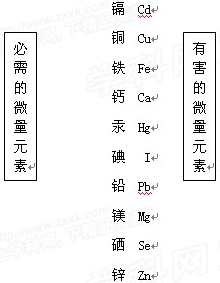阅读理解。
Education for Japanese children is free for nine years and all children must go to school for six years
of primary schooling and three years of secondary schooling. In the primary and secondary schools, about
99.9% of school-age children are in school. School usually begins at 8 o'clock in the morning and ends at
3 o'clock in the afternoon on weekdays and at noon on Saturday. The school year begins in April and ends
in March. There is a summer holiday in August and a winter holiday during the New Year season.
After nine years of schooling, students can enter the three-year high school by passing an exam and by
paying a small charge (费用) each year. After high school, students can go on to study at different kinds of
colleges, usually for four years. There are also two-year junior colleges.
True (A) or False (B).
( )1. Education for Japanese children is free for eight years.
( )2. School usually begins at 8 o'clock in the morning and ends at 3 o'clock on weekdays.
( )3. If a Japanese boy wants to go to high school, he can choose any school without paying money.
( )4. There are nine years of schooling for Japanese children receiving when they finish high school.
( )5. From this passage we don't know anything about the teachers in Japan.
1-5: B A B B A

